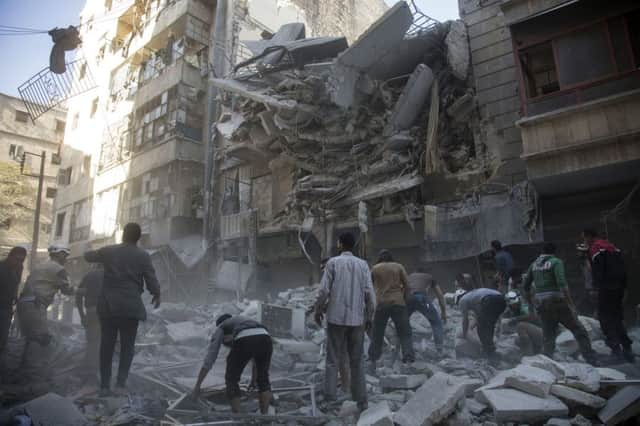Book review: The Age of Jihad, by Patrick Cockburn


It consists partly of Cockburn’s dispatches (mostly for the Independent and the London Review of Books), partly of subsequent reflections and analyses. He doesn’t hesitate to say when and how he went wrong, but, read now, his immediate reporting was far more often right than wrong.
Almost everyone here now recognises the Iraq War as an act of folly. Yet, despite what is now the popular belief, it had widespread public support at the time. The swift and easy overthrow of Saddam Hussein and his Ba’ath regime seemed to justify it. So why did so much go so wrong so quickly? Why did the Bush administration have no plan for a post-war settlement? One reason, Cockburn points out, is the reliance on the opinions and assurances of exiled Iraqi groups. They should have been more sceptical. The exiled enemies of a regime are always given to wishful thinking and always exaggerate, as anyone with a knowledge of Jacobite history knows. Yet the same mistake was repeated over the Arab Spring and then over Libya.
Advertisement
Hide AdThere are too many actors with divergent aims in the Middle East, and no conflict is confined within a single state. The wars in Iraq, since the Allied invasion, and in Syria, since the Arab Spring, may be civil wars, but they are fomented and prolonged by the ambitions and interests of other States – the USA and Russia, Iran, Turkey and Saudi Arabia and by non-state actors, the Kurds and ISIS. “A cats’ cradle of conflicting interests stymies compromise.” No solution anywhere is in sight, and none will emerge, not even when ISIS is subdued and dismantled, for, like the Hydra, a new head will sprout.
Cockburn describes the horror of ISIS in grisly detail, recounting for instance the story of a woman he calls Ayesha who escaped with her children when she realised that her husband, formerly an officer who had defected from the Iraqi army, had volunteered that she be trained as a suicide bomber.
“In an important sense,” Cockburn remarks, “I was wrong in 2011 to suggest that we were seeing a return to the turmoils of the 1960s” – when the Ba’athist dictatorships emerged from a period of prolonged struggle for power. “It was going to get a lot worse than that… Instead we are revisiting one of the most catastrophic features of the end of Ottoman rule [after the 1914-18 war] namely, the murder and migration of whole groups of people”. There are some 15 million refugees and displaced people from and in Syria and Iraq. That is three times the population of Scotland. Imagine if half the combined population of Scotland, Ireland and Wales had fled, and the other half had been driven from their homes. That’s the equivalent of what Cockburn describes.
“At one time people spoke of the partition of Iraq as a solution to ethnic and sectarian friction,” he writes. Cockburn quotes a former Iraqi Security adviser as saying this would be like the Partition of India in 1947, with “massacres everywhere”.
His own conclusion is that “The demons released by this age of chaos and war in the Middle East have become an unstoppable force.” When he first went to Afghanistan, the Taliban “seemed like an exotic but temporary throwback with their treatment of women as chattels and their hatred of other Islamic sects.” That was then. Now they have “turned out to be the harbingers of an embattled and violent future”. That future is now the present, a hell on Earth, starkly presented to us in this masterly and terrifying book.
*The Age of Jihad, by Patrick Cockburn, Verso, 449pp, £20